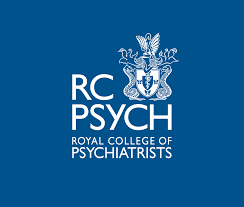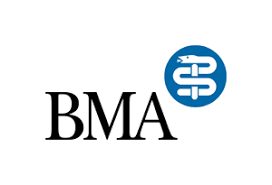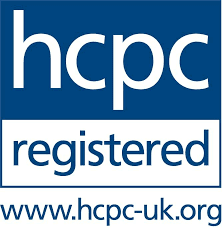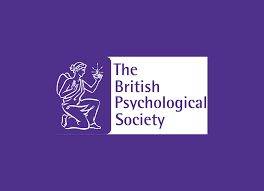Cognitive Behavioural Therapy for Insomnia (CBT-I)
What is insomnia?
Insomnia is a persistent and distressing sleep disorder affecting a third of the UK population. Women are up to 2 times more likely to be affected by insomnia, but the occurrence increases in both men and women with age.
Insomnia that lasts between 1-3 weeks is referred to as being ‘mild’, ‘short- term’ or ‘transient’. If persistent- lasting for more than 4 weeks, it is referred to as ‘chronic Insomnia’. Chronic insomnia is less common but affects a staggering 10% of the population.
Insomnia may also be referred to as being ‘primary’ or ‘secondary’. Primary insomnia has no obvious cause. Secondary (or co-morbid) insomnia is caused by or associated with another medical or psychiatric health condition, or an environmental factor and accounts for 15-20% of chronic insomnia.
How CBT-I Works
Around 30% of people with Primary insomnia will improve with basic sleep hygiene alone. However, if insomnia persists, the recommended treatment is based on a combination of cognitive and behavioural strategies referred to as Cognitive Behavioural Therapy for Insomnia (CBT-I). The aim of CBT-I is to identify and change problem thoughts and behaviours that maintain the disorder.
CBT-I has been shown to be an effective treatment for Insomnia. At the Oaktree Clinic we offer a *session group CBT-I programme. Treating insomnia in a group setting is an affordable, viable treatment alternative to individual CBT.
The components of our group programme include behavioural strategies- (bedtime restriction, stimulus control and relaxation), education- (sleep hygiene), and cognitive therapy (questioning the logical basis of unhelpful beliefs that are associated with sleep).
Overcoming Insomnia
If secondary insomnia has been identified, your GP may initially want to work with you to treat or manage the underlying cause. There are circumstances where your GP may decide that it is appropriate to refer you to a sleep specialist. This might include where additional support or further investigation is required.
Good sleep habits:
Mild insomnia may not require treatment and can be overcome by adopting good sleep habits suggested to you by your GP.
Prescribed medications:
Treating primary insomnia with medication is generally discouraged. If your GP prescribes at all, it will generally be a short-term treatment and at the lowest effective dose.








